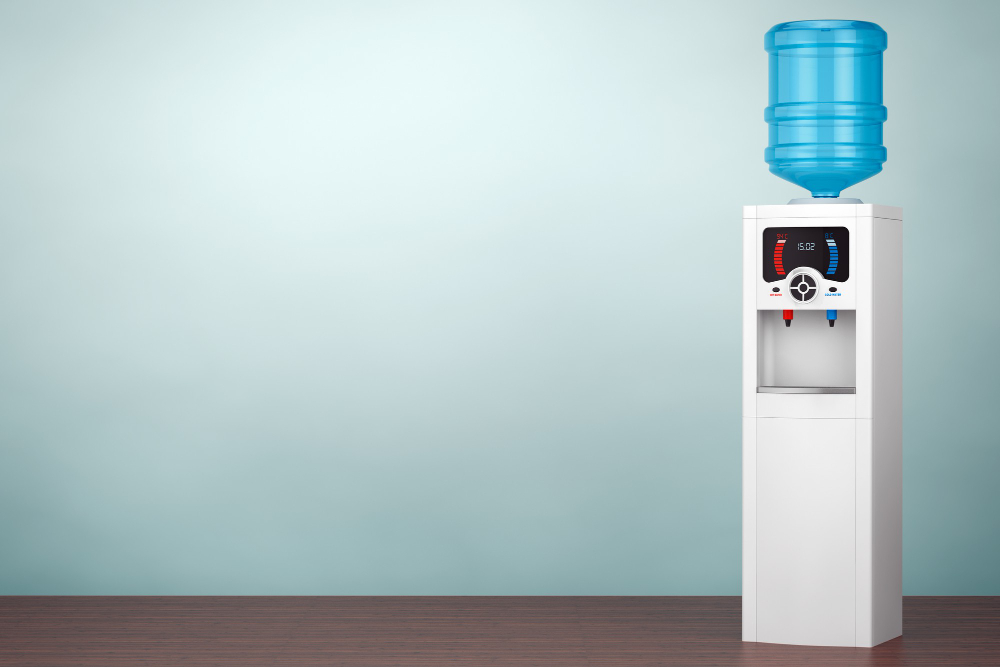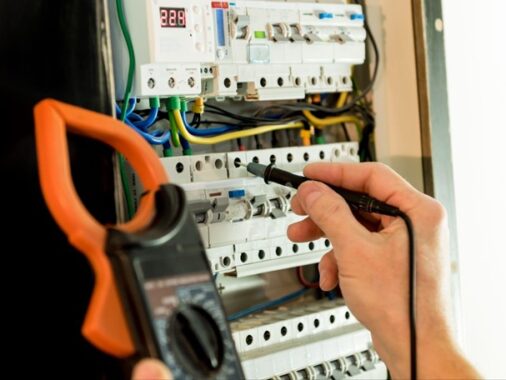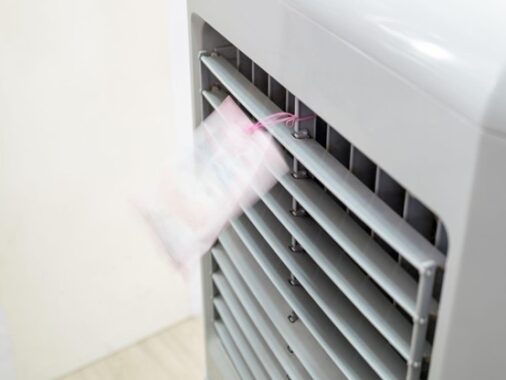A water dispenser is a device that dispenses water, usually in a large container, for drinking or other purposes. They are commonly found in offices, homes, and public areas such as schools and hospitals. Here we will discuss the various types of water dispensers available, their benefits, and how to choose the right one for your needs.
Types of Water Dispenser
Bottled Water Dispenser
Bottled water dispensers are the most common type of water dispenser. They use a large water bottle, usually made of plastic, that is placed on top of the dispenser. The water is then dispensed through a spout or faucet on the front of the dispenser. These dispensers can be either top-loading or bottom-loading, depending on the design.
Countertop Water Dispenser
Countertop water dispensers are smaller than bottled water dispensers and can be placed on a kitchen counter or table. They use a small water reservoir that is filled manually and dispense water through a spout or faucet on the front of the dispenser. Some models also have a hot water feature for making tea or coffee.
Freestanding Water Dispenser
Freestanding water dispensers are similar to bottled water dispensers but are larger and more industrial-looking. They are commonly found in commercial or public spaces and can dispense both hot and cold water. They can be either top-loading or bottom-loading, depending on the design.
Under-Sink Water Dispenser
Under-sink water dispensers are installed under a sink and use a filtration system to provide clean, purified water. They are connected to the existing plumbing and can dispense both hot and cold water. These dispensers are ideal for those who want a constant supply of purified water without having to constantly refill a water bottle.
Benefits of Using a Water Dispenser
Convenience
Water dispensers provide a convenient way to access clean, fresh water without having to constantly refill a water bottle or use tap water. They are especially convenient in offices or public spaces where multiple people need access to water.
Health Benefits
Using a water dispenser can provide health benefits, as it can encourage people to drink more water throughout the day. Staying hydrated can help improve digestion, boost the immune system, and prevent headaches and fatigue.
Environmental Benefits
Using a water dispenser can also have environmental benefits. By using a water dispenser, you can reduce your reliance on bottled water, which can be harmful to the environment due to the plastic waste it creates.
Cost Savings
Using a water dispenser can also lead to cost savings in the long run. While there is an upfront cost to purchase a dispenser, it can save money in the long run by reducing the need to purchase bottled water.
How to Choose the Right Water Dispenser
Type
When choosing a water dispenser, the first thing to consider is the type of dispenser that best suits your needs. Consider factors such as space, usage, and functionality when deciding between bottled, countertop, freestanding, or under-sink water dispensers.
Capacity
The capacity of a water dispenser is also an important consideration. Bottled water dispensers typically hold between 3-5 gallons of water, while countertop or freestanding dispensers may hold less. Consider the number of people who will be using the dispenser and how often it will need to be refilled when choosing the right capacity.
Filtration
If you are concerned about the quality of your water, consider a dispenser with a built-in filtration system. Under-sink water dispensers are the most effective at filtering out impurities, but countertop or freestanding dispensers with built-in filtration systems can also provide clean, purified water.
Hot Water Feature
If you frequently make tea or coffee or want hot water for other purposes, consider a dispenser with a hot water feature. Countertop and freestanding dispensers often come with a hot water feature, while bottled and under-sink dispensers may not.
Brand and Price
Consider the brand and price when choosing a water dispenser. Research different brands and read reviews to determine which brands have a good reputation for quality and customer service. Additionally, consider your budget and choose a dispenser that fits within your price range.
Maintaining a Water Dispenser
Proper maintenance is important to keep your water dispenser clean and functioning properly. Here are some tips for maintaining your water dispenser:
Clean the dispenser regularly: Wipe down the exterior of the dispenser with a damp cloth and clean the spout or faucet with soap and water. Additionally, clean the water reservoir or bottle before refilling.
Change the water regularly: Replace the water in the dispenser every 1-2 weeks to prevent bacterial growth.
Sanitize the dispenser periodically: Every few months, sanitize the dispenser with a solution of water and vinegar or bleach to kill any bacteria that may be present.
Replace filters as needed: If your dispenser has a filtration system, replace the filters as recommended by the manufacturer to ensure clean, purified water.
FAQ:
What types of water dispensers are available?
There are several types of water dispensers, including countertop, freestanding, bottled, and under-sink dispensers. Countertop and freestanding dispensers are the most common, and can be used with refillable bottles or connected directly to a water source.
Can I use a water dispenser with well water?
Some water dispensers may be compatible with well water, but it is important to check with the manufacturer to ensure that the dispenser is designed to handle well water. Some dispensers may require additional filtration or treatment to remove impurities from well water.
Are water dispensers more eco-friendly than bottled water?
Yes, water dispensers are generally more eco-friendly than bottled water. They reduce the amount of plastic waste generated by single-use bottles and can be refilled and reused indefinitely. Additionally, some dispensers come with built-in filtration systems that reduce the need for bottled water altogether.
Conclusion
Water dispensers provide a convenient and eco-friendly way to access clean, fresh water. They come in a variety of types and sizes to suit different needs and can provide health, environmental, and cost-saving benefits. When choosing a water dispenser, consider factors such as type, capacity, filtration, hot water feature, brand, and price. Proper maintenance is also important to ensure the dispenser remains clean and functioning properly.






